Characterised by its honesty and emotion, Sophie Harris-Taylor’s work captures the unique characters and vulnerabilities of her subjects. Her selected portrait, shot on Nikon – who supported Portrait of Britain 2017 – is part of her acclaimed project Sisters.
The series investigates the complexities of the connections between siblings and was, for Harris-Taylor, a way of also reflecting on the difficulties of her own relationship with her sister.
Born in London in 1988, photographer and photography lecturer Harris-Taylor continues to live in the capital. While studying Fine Art at Kingston University, she found herself gravitating towards photography and, since graduating, has remained committed to the medium.
What is the story behind your Portrait of Britain photograph (Above)?
This particular portrait is part of a wider series entitled Sisters, which I’ve been working on for the past couple of years and recently finished. Later this year it will be published as a book.
The project came about after I began reflecting on my own relationship with my sister. It has always been a tempestuous one, which has ultimately put some distance between us. I wanted to question and explore sibling relationships through the eyes of other sisters, hoping that it might shed some light on my own. I photographed and interviewed over 70 sets of sisters, of all ages and backgrounds.
Finding six sisters is rare; there are nine children in the family altogether. The eldest is a close friend of mine. I was interested to find out how this dynamic works, especially with five of the girls living under the same roof. This image was shot in their parents’ bedroom, which I felt was emblematic of both their conception and the comfort of the family home.
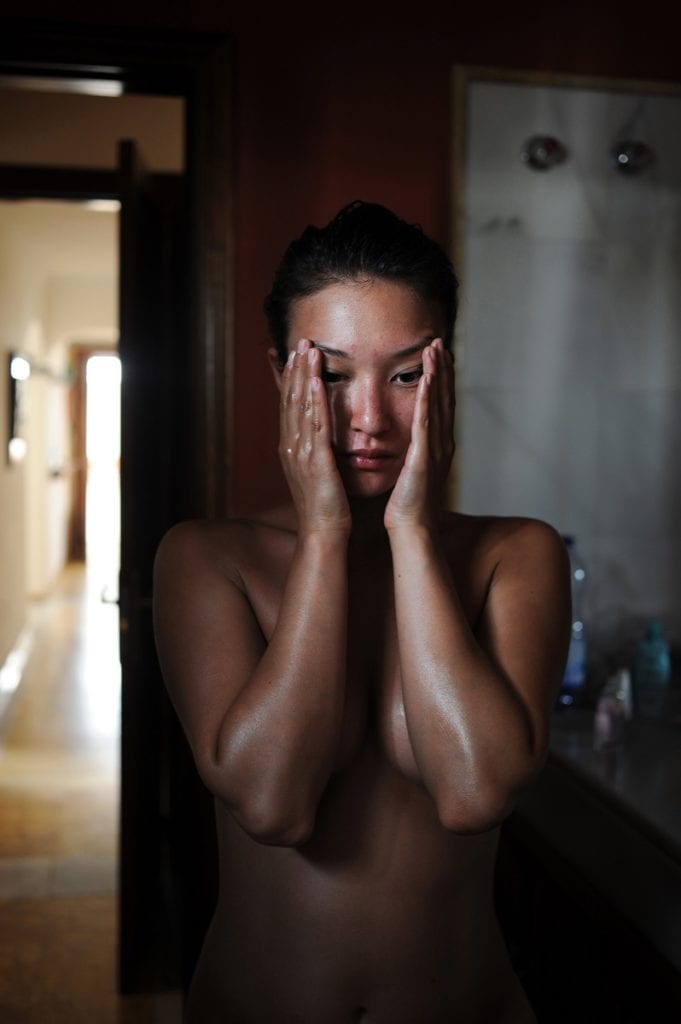
I had recently completed the series and although this image was shot early on it really stuck with me. It was always a photograph I was proud to have produced and this rarely happens!
Art is so subjective and competitions are always a lottery. I think regardless of whether you win or not, it’s about giving an honest representation of yourself and your work. As long as you believe in the work, and don’t second guess it, that is what’s important – choose the portraits that speak to you the most. I don’t tend to think too much about what the judges will go for, or whether the work is their cup of tea – it’s not maths, it’s art.
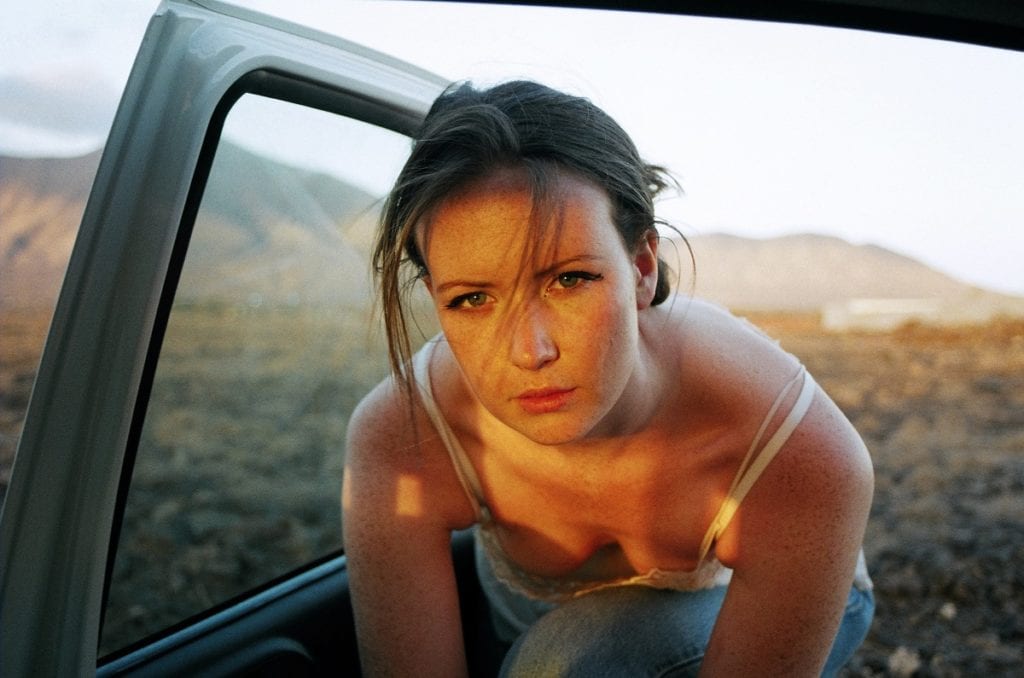
Emotion, empathy and vulnerability. When an image resonates with you and you feel an emotional connection to it, regardless of knowing anything about the story behind it, that’s a great portrait.
I think the beauty with portraits, a bit like with people in general, is that we all read them differently. Everyone has their own views, opinions and feelings towards them.
We are surrounded by so many images of people everyday, but these feel increasingly less honest and more contrived. A candid, honest emotion will almost always speak to me more than a fancy piece of production.
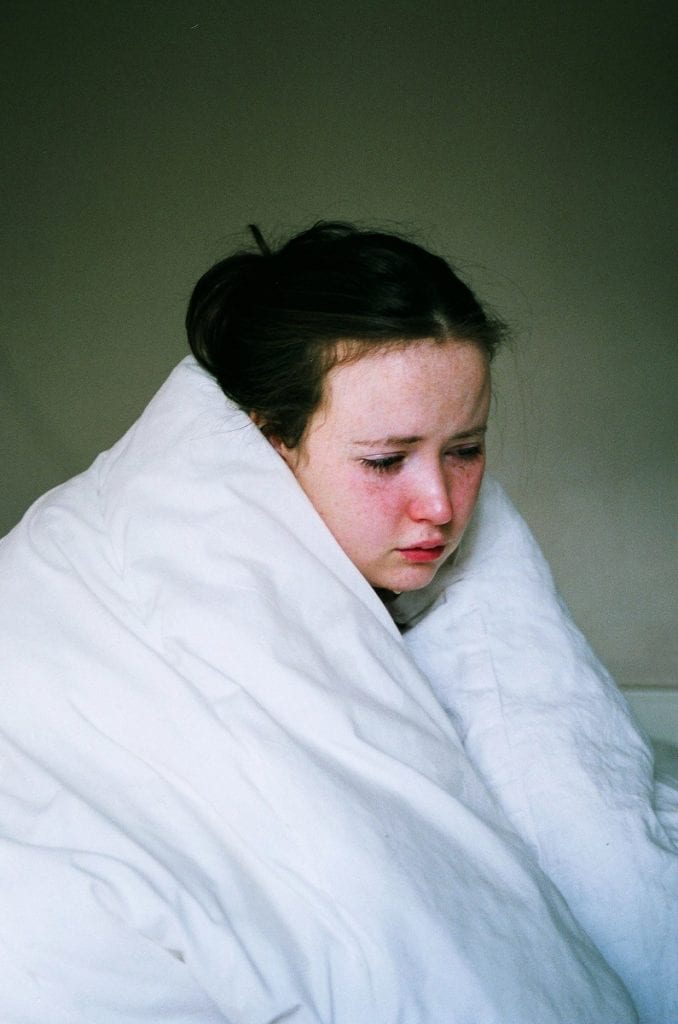
I remember, years ago, one of my best friends was going through a terrible break up with her first love and she wouldn’t leave my side – we did live together at the time. We were at university and it felt like, for weeks, the tears wouldn’t end. I continued to photograph her as I would normally: even the camera didn’t faze her, there was nothing else she could think about. Despite how intense it felt at the time, we look back at these images now with a smile. It shows how much time can change the context of photographs and one’s perspective on them.
Do you have any advice for aspiring portrait photographers?
I never pick up my camera to shoot a portrait until I’ve had a good conversation with the person. How can you trust someone you haven’t spoken to? In order to take a truthful portrait, first you need to trust each other.
Also, make sure to treat any subject as you would want to be treated yourself. I think taking someone’s portrait is a privilege. I’ve learnt a lot about myself through photographing others, often reflecting on and wanting to capture things in people I can relate to. Being photographed can mean the subject is exposing themselves to you, and this can leave them feeling quite vulnerable and unsure of themselves. In the world of ‘selfies’ and continual self editing and promotion, this places a lot of responsibility on the photographer.
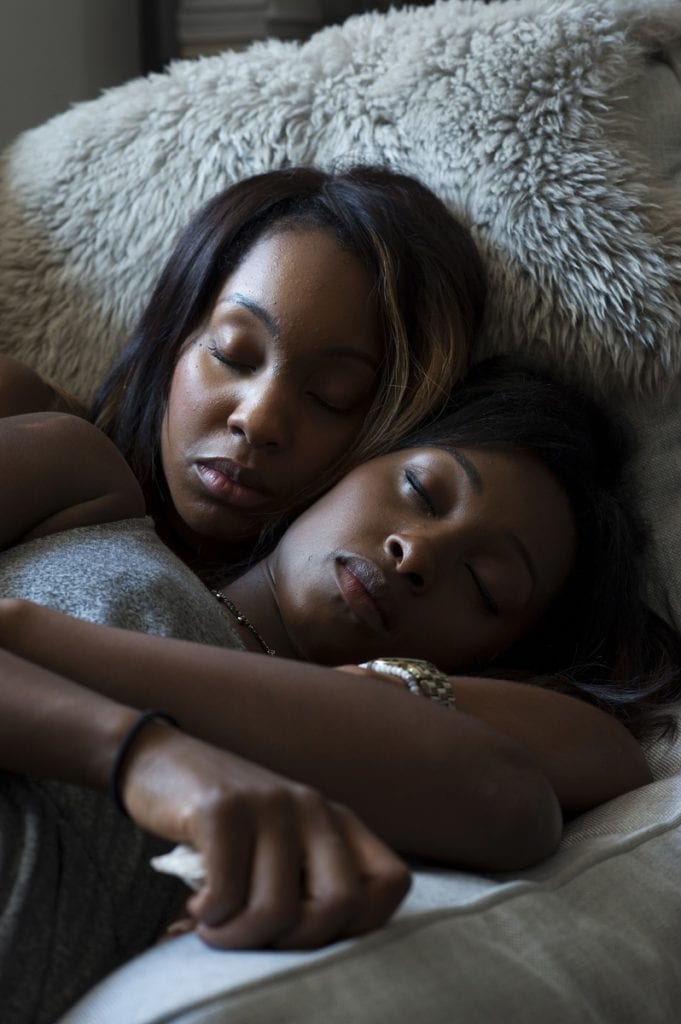
Britain is so diverse and photography offers an ideal medium with which to capture this. Perhaps because of this, we are lucky to have an array of great portrait photographers and anything we can do to highlight their work can only advance the medium.
However, for me, most important are the subjects. It is wonderful to embrace this range of people through photography, particularly those who wouldn’t necessarily be celebrated or seen in this context.
I think Portrait of Britain has the power to educate and unite photography lovers and the public more widely in such fractured times.
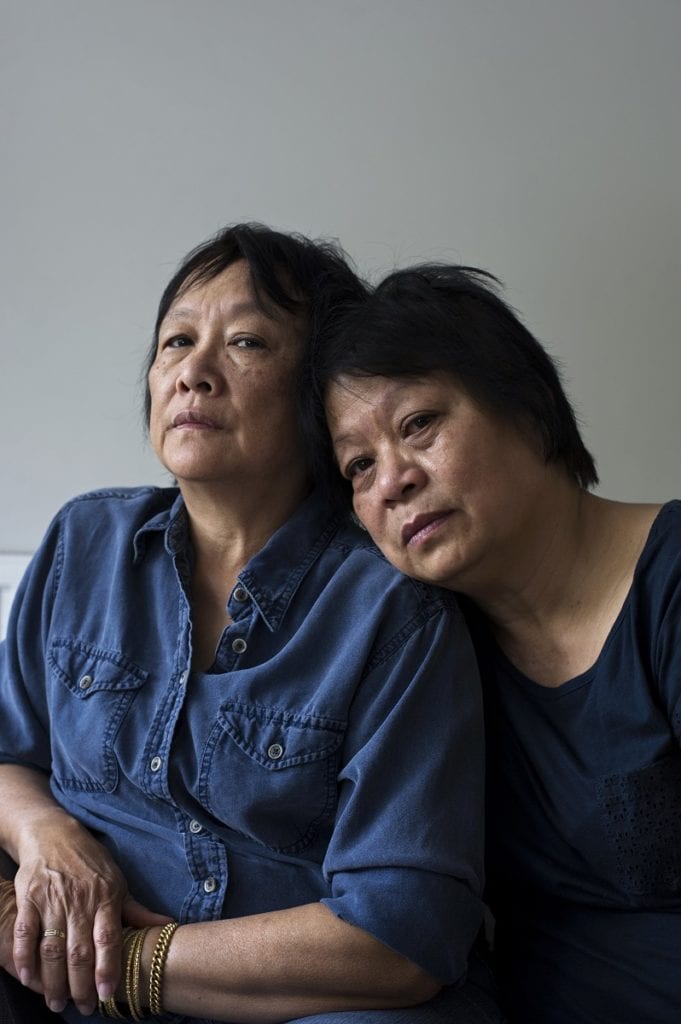
Future generations will look to Portrait of Britain 2019 to see the face of the nation in a historic moment. What will it look like? Enter your work today!

